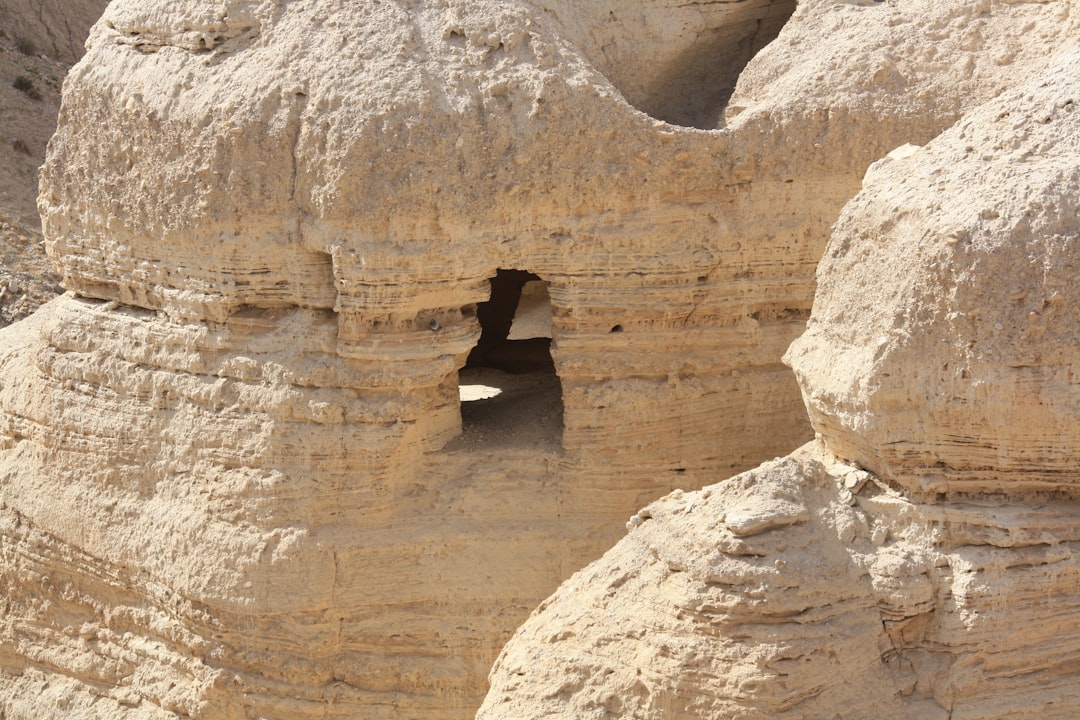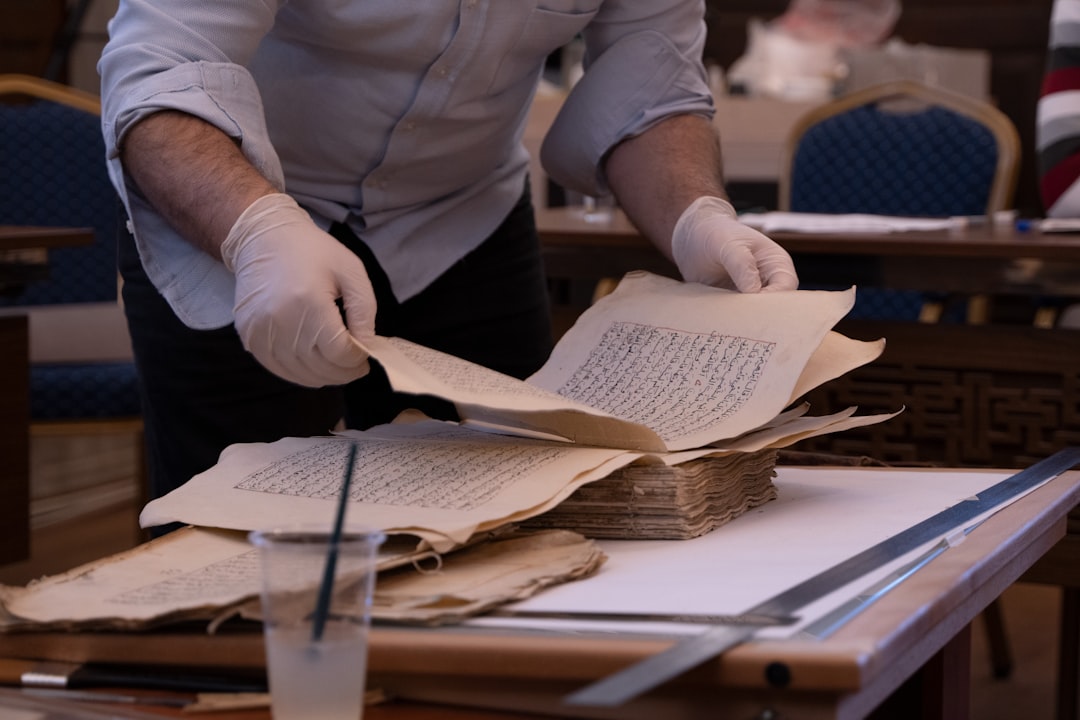What is it about?
The crucial role played in government and high politics in a time of crisis by a rural Northerner of modest origin and education but indefatigable diligence and determination.
Featured Image
Why is it important?
It reaffirms the Namierite emphasis on the personal in explaining why things do or don't happen. On the basis of hitherto disregarded sources it argues that the neo-whig/con heroic narrative of the rise of Pitt is seriously flawed.
Perspectives
I approached Robinson as a son of Appleby and itys grammar school. I was aware that his place in 18th Century historical narrative rose and fell along with Namierism. My investigation was transformed by the discovery of new sources, mostly kept secret. Getting the paper published was hard work; some peer reviewers didn't want to hear what I was saying. I'm particularly grateful to Peter Thomas, one of the last surviving Namierites, for his encouragement, and to the editors of 'Historical Research' for believing that I was saying something worth saying.
Mr Andrew Nicholas Connell
Appleby Grammar School
Read the Original
This page is a summary of: ‘The potent spirit of the black-browedJacko’: new light on the impact of John Robinson on high politics in the era of the American Revolution, 1770-84, Historical Research, October 2012, Oxford University Press (OUP),
DOI: 10.1111/j.1468-2281.2012.00613.x.
You can read the full text:
Contributors
The following have contributed to this page










